AI: The Hype, The Fears, The Path Forward
Generative AI is reshaping our world. Voices are loud – some thrilled by potential, others anxious about the implications. Let's explore common concerns and see how an AI Mindset, inspired by Conor's teachings, helps us navigate the noise and harness AI responsibly.
Authenticity & Trust Erosion
People worry that AI-generated content and deepfakes are blurring the lines of genuine human interaction, making it harder to trust what we see online.
The Reality of Digital Distrust
Yes, the rise of sophisticated AI-generated content, "AI slop," and deepfakes presents real challenges. Incidents on various platforms and reactions to some company ads show these concerns are valid. It's becoming crucial to discern genuine human creation from artificial outputs.
Rebuilding Trust with Human-AI Partnership
"Your AI is 'Auggie,' your brilliant new teammate, but it's not a replacement for your judgment or authenticity. You're the value-add. Your experience, ethics, and ability to refine turn AI's output from mere 'content' into something truly valuable and trustworthy."
Conor's AI Mindset emphasizes that while AI is a powerful 'process machine,' true authenticity stems from human oversight. By treating AI as a collaborative 'teammate' and providing your own initial ideas for AI to augment—rather than letting it generate blindly—you ensure your unique voice and critical judgment remain central. This human-AI partnership, coupled with transparency about AI's role, is fundamental to building and maintaining trust.
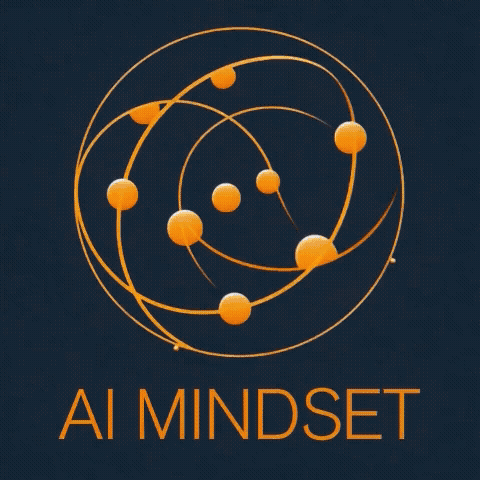
Job Displacement & Economic Anxiety
Many fear AI will replace human roles across industries, from blue-collar to white-collar, creative, and analytical fields, leading to widespread job uncertainty.
The Shifting Landscape of Work
It's true that AI will transform jobs, and some tasks will be automated. Surveys and professional discussions indicate genuine public concern. The conversation is evolving from *if* AI will impact jobs to *how* roles will change, underscoring the importance of adaptation and continuous learning.
AI as Augmentation, Not Obliteration
"Think of AI like electricity – it didn't replace all existing tools; it created 'power tools.' AI augments your capabilities, handling the repetitive and freeing you for higher-value strategic work that requires human ingenuity and critical thinking."
Conor's "Electricity Paradigm" teaches us to view AI as an enabler. An AI Mindset encourages focusing on how AI can enhance human roles, allowing professionals to offload routine tasks and concentrate on areas demanding unique human skills. Continuous learning and upskilling, core to the 'Learn' aspect of the framework, are vital to navigating this transition and using AI as a personal "power tool."
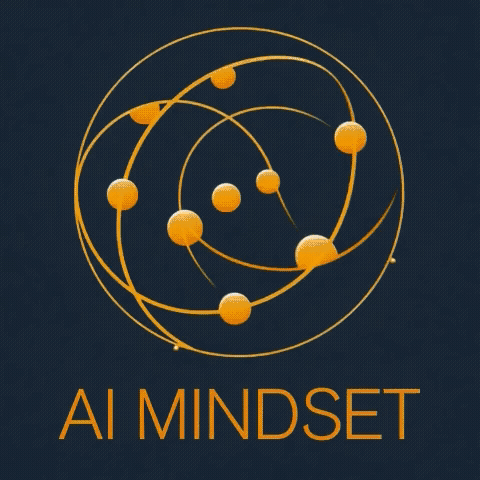
Misinformation & Ethical Challenges
Concerns abound regarding "AI hallucinations" (factually incorrect outputs) and the perpetuation of societal biases in AI-generated content, posing ethical dilemmas.
The Imperfect Engine: Hallucinations and Bias
Yes, these are significant challenges. AI models can generate plausible-sounding but false information ("hallucinations"). Critically, they can inherit and amplify biases from their training data, leading to skewed outputs. This necessitates careful scrutiny, robust validation processes, and ongoing efforts to mitigate bias.
Human Diligence: The Antidote to AI Flaws
"Your AI is a powerful reasoning machine, but not always a perfect knowledge machine. Remember, it statistically predicts the next word. If precision is paramount, or if an output feels 'off,' it's your responsibility to verify, cross-reference, and apply critical thinking."
An AI Mindset involves understanding AI's statistical nature—it doesn't truly "comprehend" like humans do. This means being aware of its limitations (a key part of "Learn") and applying rigorous human oversight. Conor's teachings emphasize the importance of ethical guidelines and trust-building measures, including actively checking for bias and validating AI outputs, especially when dealing with critical information.
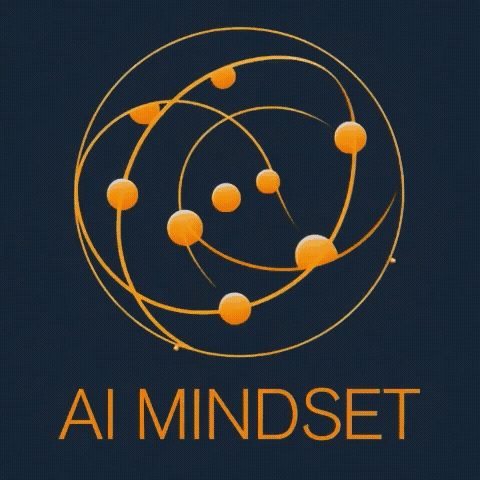
Data Privacy & Consent
People are worried about AI systems being trained on personal data without explicit consent, and how their private information is used and protected by AI platforms.
Navigating the Data Maze
Absolutely. Concerns about how personal data is gathered, used for training AI models without clear consent, and potentially mishandled are valid. Ongoing policy discussions and incidents underscore the need for greater transparency, user control, and robust data governance in the age of AI.
Vigilance and Responsibility: Your Data Shield
"Treat data with the utmost respect. Your AI teammate operates on information. Always adhere to your organization's data privacy guidelines and ethical best practices – these are your critical guardrails for responsible and trustworthy AI use."
An AI Mindset champions the responsible stewardship of information. This involves being acutely aware of data governance, prioritizing enterprise-grade tools with strong security for sensitive data, and always upholding ethical standards regarding consent and transparency. It's about being a trustworthy partner when working with AI and the data it processes.
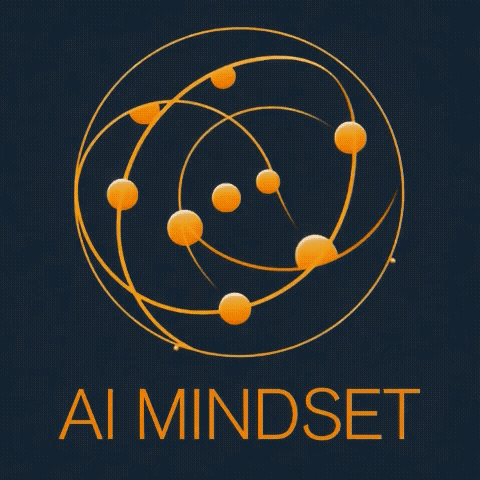
Overreliance & Content Homogenization
There's a worry that over-reliance on AI for content creation could lead to decreased originality, with AI models learning from each other ("Model Autophagy Disorder") and producing increasingly similar outputs.
The Risk of Digital Sameness
This is a legitimate concern. If AI models predominantly learn from existing AI-generated content without sufficient diverse human input, there's a risk of a feedback loop. This could stifle creativity and lead to a more homogenized digital landscape, devaluing unique human expression and innovation.
Your Unique Spark: AI as Amplifier, Not Author
"Your unique human perspective, your experiences, your 'why' – that's what AI can never replicate. Use AI to amplify your creativity, not replace it. Always bring your original thought, your rough draft first, and let AI help you polish, expand, and explore new connections, keeping your unique voice central."
The "Execute" principle of "Your Draft First, Then Augment" is crucial here. An AI Mindset encourages using AI as a tool to enhance human creativity and explore novel avenues—acting as a brainstorming partner under human direction—rather than as a shortcut that bypasses genuine thought and originality.
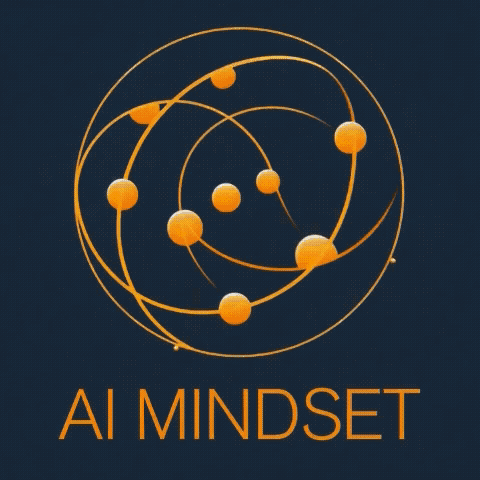
Environmental & Societal Impacts
The significant energy used for training AI raises environmental concerns, while the dominance of a few tech giants sparks fears of monopolistic control and societal imbalance.
The Bigger Picture: Responsibility and Equity
These are serious, valid long-term considerations. The computational power for large AI models has an environmental footprint. Furthermore, the concentration of AI development warrants ongoing discussion about equitable access, fair competition, and the distribution of AI's benefits and power in society.
Mindful Innovation: AI for a Better Future
"An AI Mindset embraces responsibility. It means choosing and advocating for AI solutions that are efficient, developed transparently, and contribute positively and equitably to society. It’s about smart, ethical application, not just unbridled technological advancement."
Adopting an AI Mindset involves a commitment to ethical and responsible innovation. This means being mindful of the broader impacts of AI, advocating for sustainable practices, and supporting equitable access to AI's benefits. It’s about consciously guiding AI development and deployment towards positive societal outcomes.
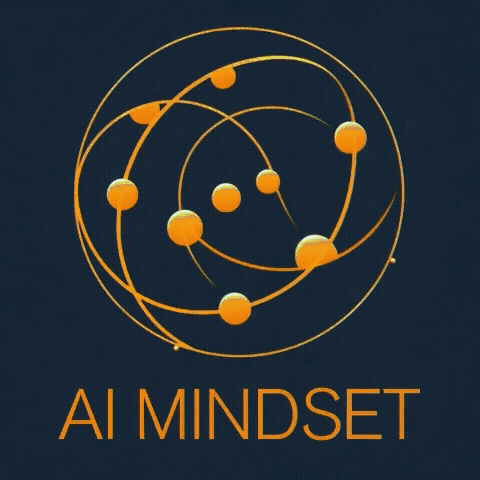
This interactive guide is designed to evolve. Your feedback and continued learning are key to mastering the AI Mindset.
